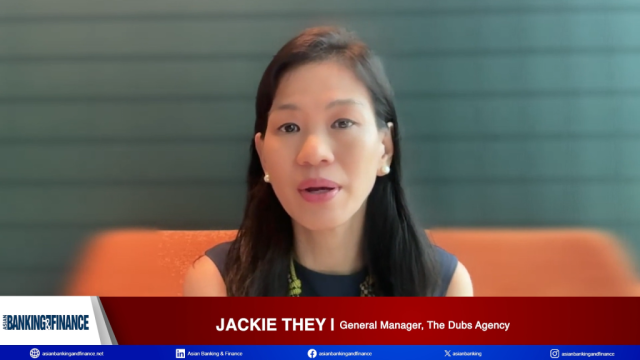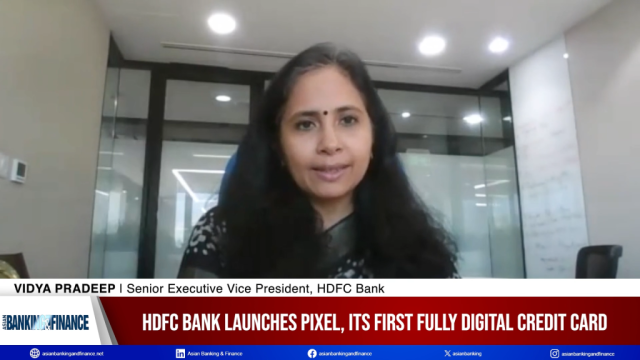
India's new debt restructuring rules address troubled corporate loan exposure
These can significantly help banks.
The Reserve Bank of India (RBI) recently introduced new guidelines for the restructuring of corporate loans.
According to a research note from Moody's Investors Service, these new guidelines are credit positive for Indian banks because they have the potential to significantly improve the ability of Indian banks to resolve troubled corporate loan exposures.
Although all banks will benefit from these changes, the guidelines will be particularly beneficial for those with large corporate exposures, including State Bank of India and IDBI Bank Ltd.
Here's more from Moody's Investors Service:
We expect these changes to positively affect banks’ corporate loan asset quality. A key objective of these guidelines is to allow banks to acquire majority equity stakes in corporates that are unable to honor their debt commitments. Acquiring a majority stake would make it easier for the banks to install new company management.
In India, it has proven difficult for an external party to gain control of a company because existing management has many tools to thwart an external party’s efforts. This has been a key impediment in turning around companies in financial stress.
In India, a loan restructuring package typically contains certain viability milestones and conditions that borrowers must undertake. Under the new rules, if a borrower does not meet these milestones and conditions, a joint lenders’ forum, which consists of the banks that are part of the lending group, will have the option to undertake a strategic debt restructuring (SDR), which would entail the lending group gaining majority control of the company.
To ensure that lenders use this mechanism, RBI is mandating that banks include necessary covenants in all loan agreements, including at the time of restructuring, to allow the invocation of SDR in applicable cases. This would include getting necessary approvals and authorizations from the borrower company. Given that banks are the predominant source of funding to corporates, it is likely that borrowers will have to accept these new stipulations.
RBI encourages banks to use SDR by relaxing asset classification guidelines for accounts under SDR. If banks execute an SDR on an exposure currently classified as standard, banks can continue to classify it as standard after SDR. If the underlying exposure is non-standard, and banks manage to sell the majority stake in the borrower company after the successful completion of the SDR process, the underlying exposure can be upgraded to standard. Also, once banks sell their majority stake, they can refinance existing debt of the company without treating the exercise as a restructuring.
These new rules arrive ahead of what we expect will be a significant number of project finance loans, especially in the power sector, coming up for renegotiation this year. These new rules will significantly enhance banks’ bargaining power in the resolution of problem loans.
The guidelines for the conversion price of debt to equity are also favorable to the banks. The conversion price cannot be higher than the lowest of the average market price for the past 10 days before banks decide to undertake the SDR if the company is publicly traded, the company’s book value, or INR1 if the balance sheet is not available.
With the danger of getting diluted on unfavorable terms, minority shareholders now have an incentive to pressure management to fulfill debt servicing obligations. Also, banks are exempt from making an open offer after they acquire a majority stake in a defaulting company, and are not required to mark to market their holdings for 18 months.























 Advertise
Advertise







